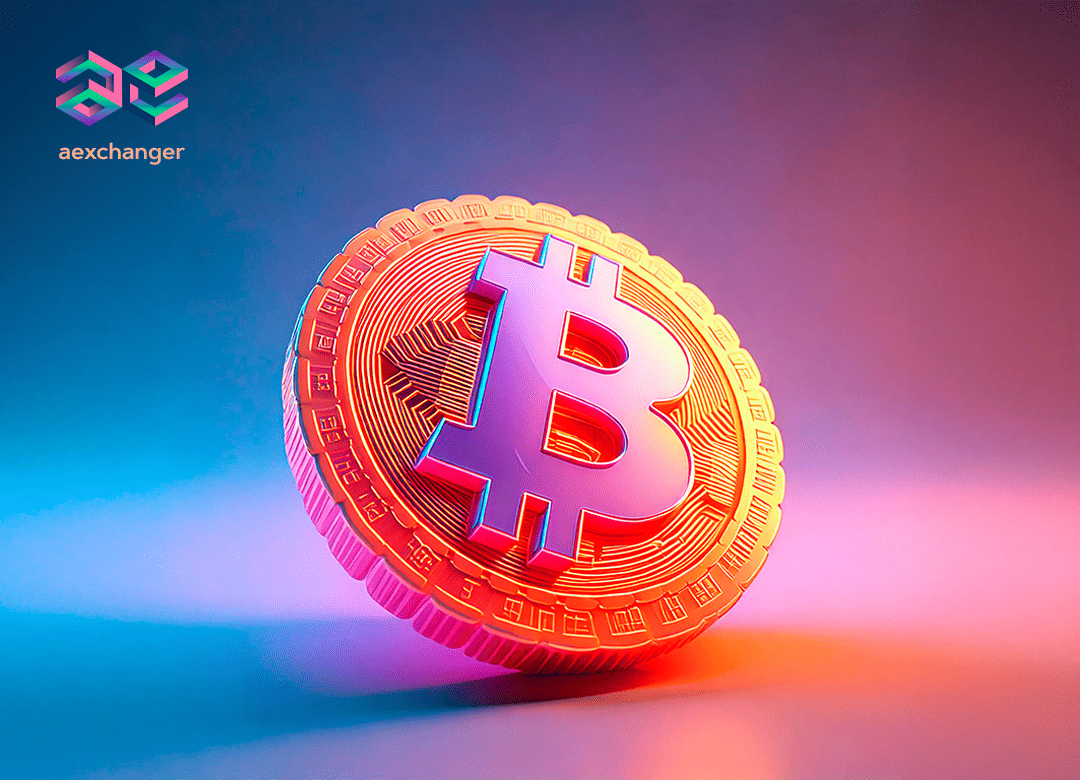2024-04-02 10:29:41
Is Cryptocurrency the Future of Payments? Where in Europe You Can Pay for Purchases with Crypto

Is Cryptocurrency the Future of Payments?
Cryptocurrencies are becoming a popular way to pay for goods and services in Europe. Today, few people would be surprised to learn that they can pay for coffee or rent with crypto. People increasingly consider digital money an alternative to traditional euros and dollars because it offers more flexibility, allows for anonymous transactions, and helps avoid banking restrictions.
Let’s find out which European countries are the most favorable to digital transfers and payments, where you can freely pay for purchases with crypto, and how such transactions are carried out!
Crypto Payments are Convenient, Fast, and Profitable
Cryptocurrencies remove the limitations of traditional financial systems. Huge currency exchange fees, long transfers, and high transaction costs pose problems for businesses and individuals. While conventional bank transfers can take up to 5 days, payments on the Ethereum, Stellar, and Solana blockchains can be made in milliseconds to seconds! Fees on networks such as Arbitrum and Polygon are less than $0.10 per transaction, and Solana is less than 1 cent, no matter where or when you make a transfer.
The ability to save money and time lays the groundwork for everyday use of cryptocurrencies. Well-known companies such as Tesla, Microsoft, Amazon, AMC Theaters, Starbucks, Whole Foods Market, and Burger King already accept digital payments. This is not a fleeting trend but rather evidence of tangible benefits. Their widespread adoption indicates that cryptocurrencies are here to stay, strengthening their place in the modern financial system.
How to Pay for Purchases with Cryptocurrency?
European citizens can pay for purchases in online stores and physical outlets. To do this, you need to:
- fund your cryptocurrency wallet with tokens that the store of your choice accepts for payment;
- click “Send payment” or a similar button;
- enter the sum that corresponds to the purchase price, including fees;
- scan the QR code or enter the recipient’s wallet address;
- click “Send” or a similar button;
- receive confirmation of payment from the seller and pick up the goods.
Offline stores in Europe often use special equipment from service providers to accept payments. Signs indicating which cryptocurrency they accept are usually posted on the door or at the checkout.
In Which European Countries Can You Make Crypto Payments?
We compiled a list of countries with the most friendly attitudes towards cryptocurrencies. Let’s look at how locals use digital payments in their everyday lives.
Switzerland
Switzerland realized the potential of cryptocurrencies early on. The canton of Zug (a city in the center of the country) even positions itself as a global “crypto valley.” It is home to Cryptix AG, a company that helps entrepreneurs implement crypto technologies in their businesses.
Some Swiss banks allow their clients to keep deposits in Bitcoin and offer a “crypto-custodian service.” Zug was the first city to allow citizens to pay taxes in crypto. Here, you can easily find a dentist who accepts Bitcoin or a shop or restaurant where you can pay with crypto coins.
Austria
In this country, you will find a dense network of Bitcoin ATMs and a thriving ecosystem of blockchain startups.
You can even buy cryptocurrency at more than 400 post offices across the country. More than 5,000 small Trafiken kiosks, which also sell newspapers and drinks, offer the same opportunity. Restaurants, bars, and shops in Austria accept cryptocurrency as a payment method for their goods and services.
The Netherlands
This country is known for its liberal attitude and openness to cryptocurrencies. There are about 100 outlets in Amsterdam that accept cryptocurrencies. Most of them are located along Bitcoin Boulevard, which was opened in 2015 at the initiative of a group of entrepreneurs who wanted to make Bitcoin more accessible. Since then, the idea of the Bitcoin Boulevard has also begun to spread to other countries.
Slovenia
Ljubljana is home to BTC City, the world’s largest business and entertainment center, where all merchants accept crypto. You can pay with tokens for hotel stays, relaxation in the Atlantis spa and water park, and shopping in local stores. BTC City shows what a real crypto-friendly shopping center looks like.
Germany
Frankfurt and Düsseldorf offer the most opportunities to pay for goods and services with crypto. In Berlin, digital payments are most widespread in the Bitcoinkiez district, which is located in the Kreuzberg neighborhood. Locals most often use Litecoin, Ethereum, Bitcoin, and Tether for payments. Payment with tokens is available in some travel agencies, kiosks, shops, cafes, restaurants, and even in laundromats and the market. The payment process usually requires a QR code scanned with a smartphone camera.






 You can share
You can share

